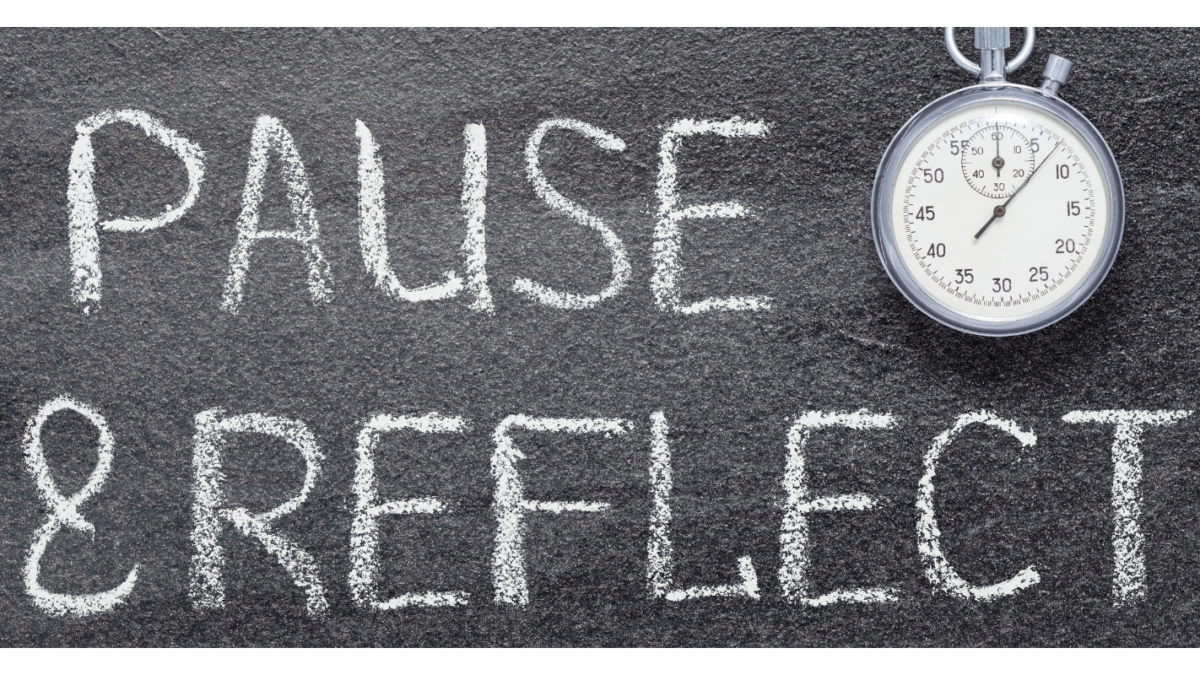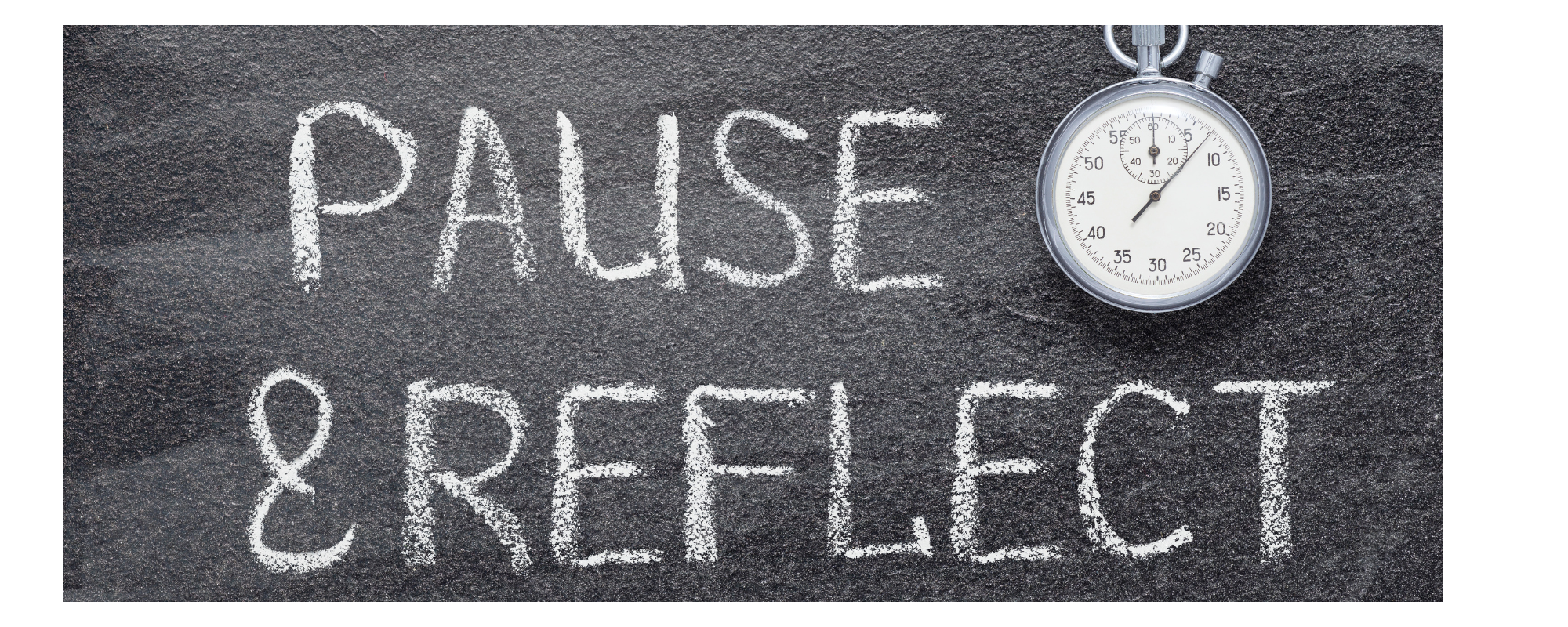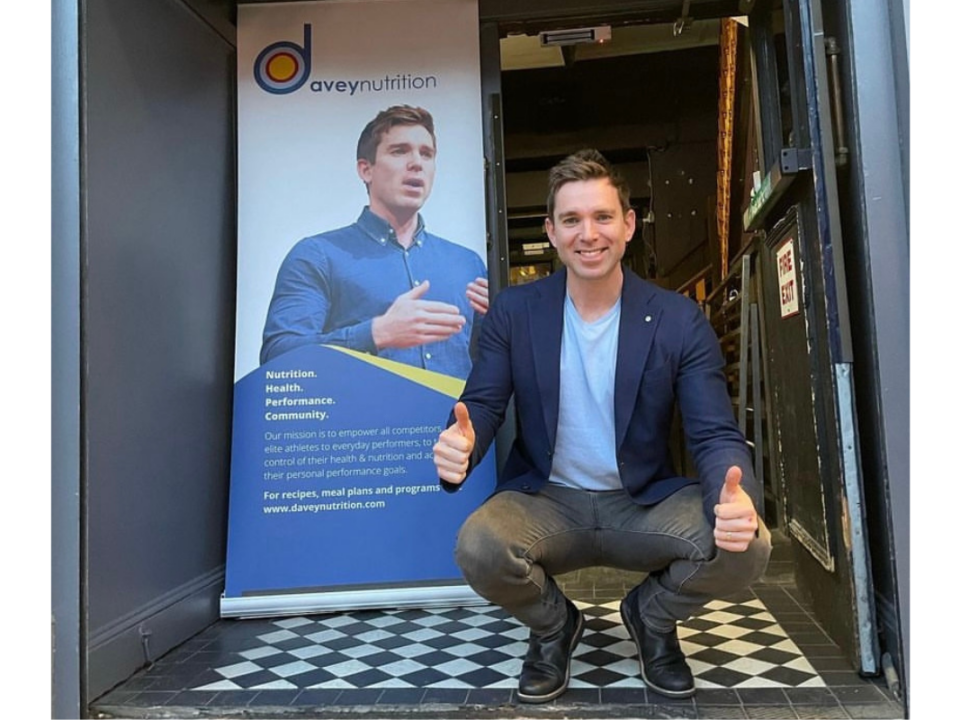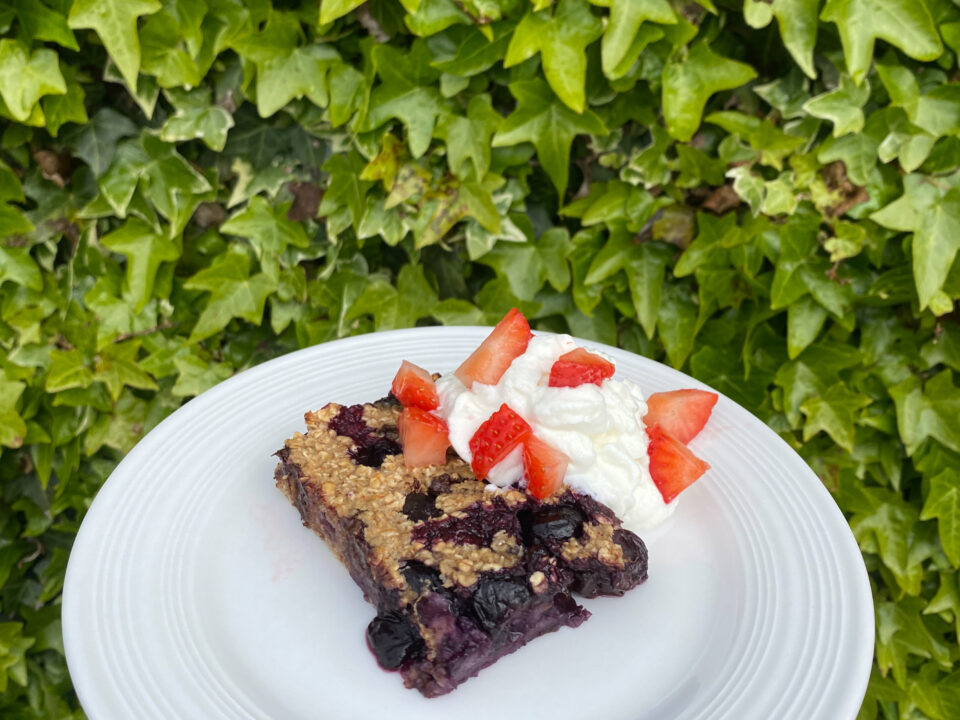
Chocolate & Coconut No Bake Balls
February 8, 2024
Halloumi, Rocket & Egg Ciabatta
February 8, 2024
Chocolate & Coconut No Bake Balls
February 8, 2024
Halloumi, Rocket & Egg Ciabatta
February 8, 2024Reflective Practice -The Tool That Drives Improvement
The single scariest thing I have done in my professional career was a 360 degree review on my practice with both Dublin Football and Leinster Rugby at the end of the season in 2018. I remember thinking, this is going to be really good for me to learn about the impact of my practice on the athletes I work with as well as getting management feedback. I created a survey and also set up some meetings with management. I remember sending the link to the survey and initially feeling quite good about it, but then the doubts started to kick in, the anxiety and negative thoughts started to spiral. What if this is a disaster? What if it’s really negative? After 2 nights of almost no sleep and even thinking I could lose my job, I started to calm down, what will be will be.

While the process of reflecting on my practice and getting feedback from the people who I respected most was desperately uncomfortable, it turned out to be the most valuable thing I did for professional development. I was able to not only understand what was good, what people valued but also how I could improve. From that moment on I built it into my professional and personal life on a weekly basis so it didn’t feel like this really heavy and mentally draining process. Doing it regularly allows you to continue to improve and get into the mindset of continuous improvement. I also started to see the value in that process for behaviour change and building better routines.
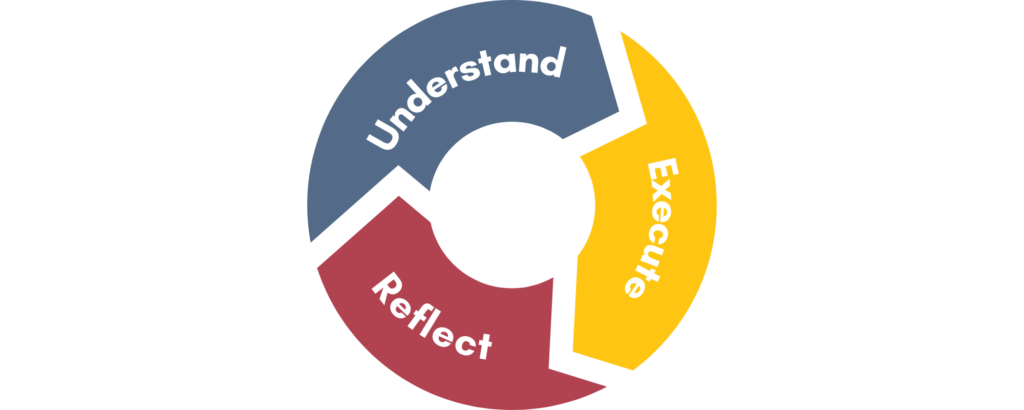
In terms of our habits, reflection can be described as a ‘tool’ to produce a change in practice or behaviours to bring about an improvement in a skill, habit or routine. This improvement is ultimately about understanding what works, what doesn’t work and how you can become better at the things you want to improve.
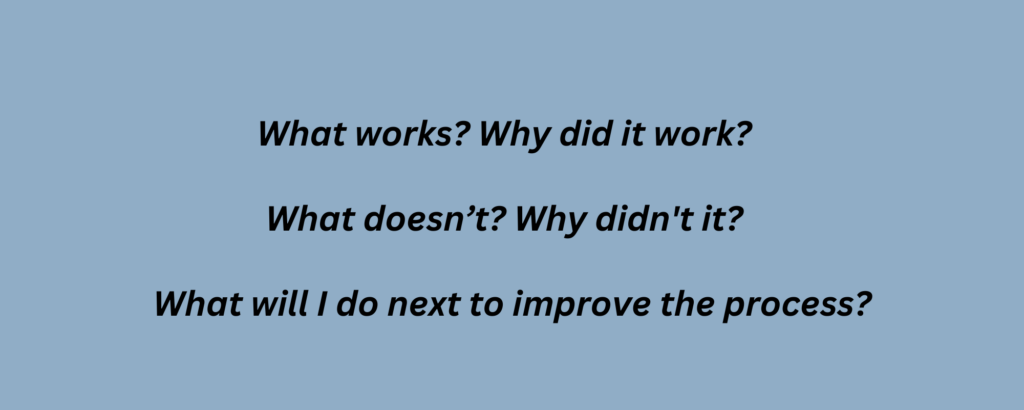
The more you understand why you do certain things and the impact of certain habits, the easier it is to change a behaviour. Essentially, habit reflection involves thinking back on and acknowledging your past successful habits and then applying those lessons to your new habit. It is described in the book ‘Reflective Practice in the Sport and Exercise Sciences’ as experiences being converted into learning.
In my work with some of the world’s best athletes, I always ask them to reflect on their habits and behaviours and then connect each behaviour they have identified to positive or indeed negative decisions they have made. The purpose of this exercise is to help you understand how some decisions we make are a consequence of repeated patterns of behaviour that have been built up over years.
Have you ever noticed athletes carrying a journal to training sessions or sitting listening to coaches taking notes? This is because athletes are a student of their profession, they take notes on all aspects of what they do in their daily lives to improve their performance, their habits and track what’s making an impact on their understanding and behaviours.
This eventually results in sequences of conditioned responses and decisions. Reflection is about ‘the power of self-discovery’ and learning about yourself in a holistic way. It is a wonderful feeling when a person who is practicing reflections says the words, ‘I realised this’ or ‘I made the connection between a habit and a decision’. In simple terms, for an athlete, it is often the impact of eating sufficient calories and carbohydrate to fuel an intense training or match. The athlete begins to feel the difference in energy levels by having followed the right fuel up plan!
What were the foods that energised you, in what portion and at what time? Answering these questions and really connecting the action to how it feels allows you to create a template for success.
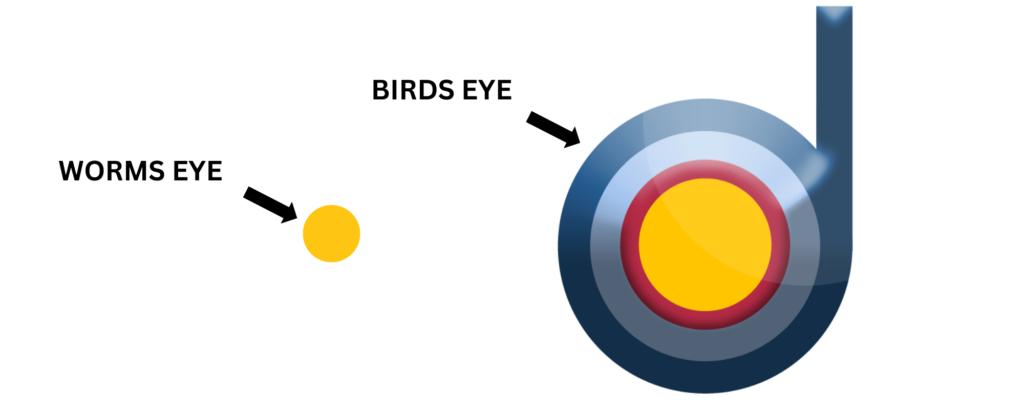
Reflection does not have to follow a strict format. However, I have found that creating a roadmap of sorts to include a big picture view and a small picture view is helpful. I have seen former Dublin Footballer Jonny Cooper refer to this as ‘birds eye’ and ‘worm’s eye’ in a talk he did in DCU some years ago called Being Unrivalled. The idea in his talk was about where you will be in 5 years time.
Your strategy for achieving your health and performance goals is your bird’s eye view, and the tactics of how you will achieve your health goals is your worm’s eye view.
I am going to share with you some practical tips for effective reflective practice that have helped me change my own habits and that I have used with athletes to help change theirs.

Key Actions for great reflective practice:
- Purchase a journal you really like. This almost feels silly, why would having a nice journal make a difference? In my experience, the more I value or like the thing I am using the more likely I will be to look after it and engage with it.
- Don’t rush it. Make your reflection time part of your daily routine. If daily routine feels unrealistic then try weekly reflection but be specific about the most suitable time in your week. Reflective practice should become a habit; it shouldn’t feel like a chore.
- Use a simple structure. Don’t over complicate it. Using a simple format to structure your reflective practice will help to make it manageable. For example – What went well? What didn’t go well? Changes for next time? Structure your reflections into logical segments which will reveal the story of what happened and why, and what might need to be changed or kept the same for next time.
- Recognise your emotions and feelings. Consider the timing and your state of mind when you reflect. Be aware that our feelings are constantly changing, therefore the timing often drives your reflective assumptions. Try to evaluate your progress at a time when you are objective ie., not stressed, tired or too emotionally involved in your activities. Think about how you felt first, then break down the facts of what actually happened, alleviating some of the emotional factors involved, such as anxiety or your expectations.
- Reflect on positives and negatives. Most often, it is the negative experiences that we mull over the most. Make sure you reflect on both the positives and the negatives. Reflecting on positive experiences can be very uplifting and motivating. It encourages you to see what you have been doing well and how you can use this to your advantage in the future. It is natural to want to repeat our successes and by reflecting on the things we did well we can form a plan to make this happen again and again. We do want to see progress, but reminding ourselves ‘why’ we do what we do is important when things are not going exactly.
We will talk about key actions you can do to improve your performance in our 10 week performance programme. This is a pathway for good health and higher performance.
Our 10 week Programme begins on the 1st of March
Register your interest here!
Reflective Practice -The Tool That Drives Improvement
The single scariest thing I have done in my professional career was a 360 degree review on my practice with both Dublin Football and Leinster Rugby at the end of the season in 2018. I remember thinking, this is going to be really good for me to learn about the impact of my practice on the athletes I work with as well as getting management feedback. I created a survey and also set up some meetings with management. I remember sending the link to the survey and initially feeling quite good about it, but then the doubts started to kick in, the anxiety and negative thoughts started to spiral. What if this is a disaster? What if it’s really negative? After 2 nights of almost no sleep and even thinking I could lose my job, I started to calm down, what will be will be.

While the process of reflecting on my practice and getting feedback from the people who I respected most was desperately uncomfortable, it turned out to be the most valuable thing I did for professional development. I was able to not only understand what was good, what people valued but also how I could improve. From that moment on I built it into my professional and personal life on a weekly basis so it didn’t feel like this really heavy and mentally draining process. Doing it regularly allows you to continue to improve and get into the mindset of continuous improvement. I also started to see the value in that process for behaviour change and building better routines.

In terms of our habits, reflection can be described as a ‘tool’ to produce a change in practice or behaviours to bring about an improvement in a skill, habit or routine. This improvement is ultimately about understanding what works, what doesn’t work and how you can become better at the things you want to improve.

The more you understand why you do certain things and the impact of certain habits, the easier it is to change a behaviour. Essentially, habit reflection involves thinking back on and acknowledging your past successful habits and then applying those lessons to your new habit. It is described in the book ‘Reflective Practice in the Sport and Exercise Sciences’ as experiences being converted into learning.
In my work with some of the world’s best athletes, I always ask them to reflect on their habits and behaviours and then connect each behaviour they have identified to positive or indeed negative decisions they have made. The purpose of this exercise is to help you understand how some decisions we make are a consequence of repeated patterns of behaviour that have been built up over years.
Have you ever noticed athletes carrying a journal to training sessions or sitting listening to coaches taking notes? This is because athletes are a student of their profession, they take notes on all aspects of what they do in their daily lives to improve their performance, their habits and track what’s making an impact on their understanding and behaviours.
This eventually results in sequences of conditioned responses and decisions. Reflection is about ‘the power of self-discovery’ and learning about yourself in a holistic way. It is a wonderful feeling when a person who is practicing reflections says the words, ‘I realised this’ or ‘I made the connection between a habit and a decision’. In simple terms, for an athlete, it is often the impact of eating sufficient calories and carbohydrate to fuel an intense training or match. The athlete begins to feel the difference in energy levels by having followed the right fuel up plan!
What were the foods that energised you, in what portion and at what time? Answering these questions and really connecting the action to how it feels allows you to create a template for success.

Reflection does not have to follow a strict format. However, I have found that creating a roadmap of sorts to include a big picture view and a small picture view is helpful. I have seen former Dublin Footballer Jonny Cooper refer to this as ‘birds eye’ and ‘worm’s eye’ in a talk he did in DCU some years ago called Being Unrivalled. The idea in his talk was about where you will be in 5 years time.
Your strategy for achieving your health and performance goals is your bird’s eye view, and the tactics of how you will achieve your health goals is your worm’s eye view.
I am going to share with you some practical tips for effective reflective practice that have helped me change my own habits and that I have used with athletes to help change theirs.

Key Actions for great reflective practice:
- Purchase a journal you really like. This almost feels silly, why would having a nice journal make a difference? In my experience, the more I value or like the thing I am using the more likely I will be to look after it and engage with it.
- Don’t rush it. Make your reflection time part of your daily routine. If daily routine feels unrealistic then try weekly reflection but be specific about the most suitable time in your week. Reflective practice should become a habit; it shouldn’t feel like a chore.
- Use a simple structure. Don’t over complicate it. Using a simple format to structure your reflective practice will help to make it manageable. For example – What went well? What didn’t go well? Changes for next time? Structure your reflections into logical segments which will reveal the story of what happened and why, and what might need to be changed or kept the same for next time.
- Recognise your emotions and feelings. Consider the timing and your state of mind when you reflect. Be aware that our feelings are constantly changing, therefore the timing often drives your reflective assumptions. Try to evaluate your progress at a time when you are objective ie., not stressed, tired or too emotionally involved in your activities. Think about how you felt first, then break down the facts of what actually happened, alleviating some of the emotional factors involved, such as anxiety or your expectations.
- Reflect on positives and negatives. Most often, it is the negative experiences that we mull over the most. Make sure you reflect on both the positives and the negatives. Reflecting on positive experiences can be very uplifting and motivating. It encourages you to see what you have been doing well and how you can use this to your advantage in the future. It is natural to want to repeat our successes and by reflecting on the things we did well we can form a plan to make this happen again and again. We do want to see progress, but reminding ourselves ‘why’ we do what we do is important when things are not going exactly.
We will talk about key actions you can do to improve your performance in our 10 week performance programme. This is a pathway for good health and higher performance.
Our 10 week Programme begins on the 1st of March
Register your interest here!
Upgrade NOW
Upgrade NOW


